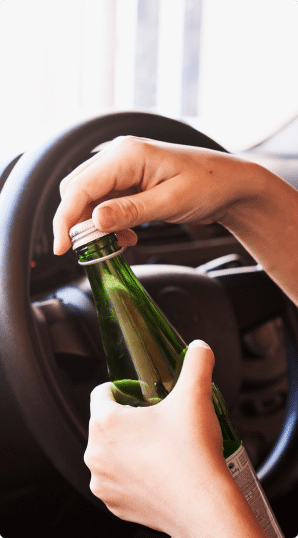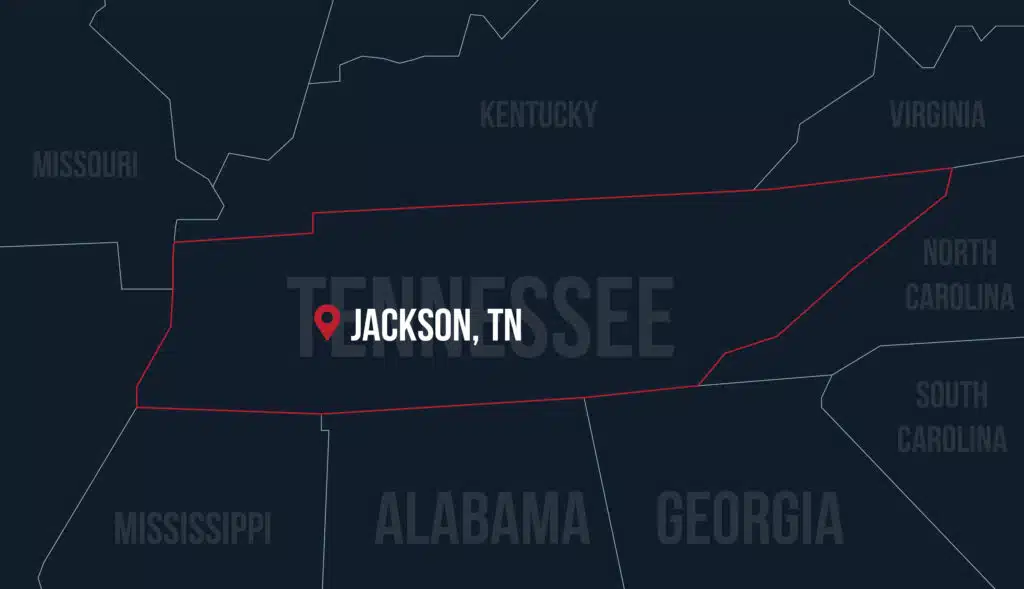FREE 24/7 CONSULTATION | FREE UNLESS YOU WIN “CALL THE CHAMPS!"
 Skip to content
Skip to content


At NST Law, we are dedicated to helping injured individuals and their families get the justice and compensation they deserve.
"*" indicates required fields


Expertise
Mr. Trotz has handled injury cases involving auto accidents, slip and fall, premises liability, and negligent security. Every day, Mr. Trotz represents those who have been injured and many of his clients have sustained traumatic and life-altering injuries.
Drunk driving accidents are devastating for victims and their families. These preventable accidents cause serious injuries that can change a person’s life forever. If you or a loved one were hurt in a drunk driving accident, you can hold the responsible party accountable by claiming compensation for your injuries and suffering. NST Law’s drunk driving accident lawyers in Jackson, TN, can help you fight for your rights and the maximum monetary compensation.
Drunk driving car accidents leave victims with life-changing injuries, expensive medical bills, and the frustration of knowing the accident was preventable. Drivers who get behind the wheel while under the influence of alcohol put themselves and others at risk. They deserve to be held accountable for their reckless actions. If a drunk driver injured you, you can take legal action and claim compensation for your losses.
At NST Law, our drunk driving accident lawyers in Jackson, TN, will help you fight for your rights and get the maximum value for your damages. Our trusted attorneys have dedicated their practice to helping accident victims get the financial support they need and deserve so they can rebuild their lives after a serious accident. Contact our team to schedule a free consultation today.
We are a national personal injury firm that prides itself on having local roots within the communities it serves and providing personalized service to each client. For drunk driving victims in Jackson, TN, we understand how devastating these accidents can be for you and your family. That’s why we provide exceptional legal representation and compassionate support while we build your case. Our team will handle the following:
Our team of drunk driving accident lawyers in Jackson, TN, will handle the legal process so you can focus on recovering from your injuries and getting back on your feet. Your NST Law attorney is with you every step of the way to ensure your rights are upheld and your claim is successful. For example, we secured a $500,000 settlement for a 20-year-old passenger who suffered severe injuries—including neck, rib, and shoulder fractures—after a crash caused by a drunk driver. Schedule a no-obligation case evaluation with the Champions for the Injured to see how we can help you get the compensation you deserve after a drunk-driving crash.
I highly recommend NST law! My son & I were hit by a drunk driver unfortunately. This was my first time ever being in a major auto accident & NST helped tremendously & tirelessly! Every single person that dealt with our case was extremely helpful, respectful, & courteous. They made the process as fast & easy as possible for us. I wish I could give this firm a million stars 😊 Thank you guys so much!
Alcohol can negatively affect a person’s ability to drive safely. It slows down reaction times, causes blurred vision, impairs judgment, and skews your perception of distance and speed. These effects increase the risk of causing an accident while operating a vehicle. Some types of accidents that are commonly caused by intoxicated drivers include:
If you or a loved one was involved in one of these types of drunk driving car accidents, you may qualify to claim compensation through a personal injury case. Contact our team to schedule a free consultation and see what your claim may be worth.
Victims of drunk driving crashes deserve justice. Financial compensation for your suffering can help you get your life back on track. With a drunk driving accident claim, you can recover compensation for the following types of damages:
Drunk driving accidents cause more than just physical injuries. Victims suffer from anxiety, stress, and mental health issues. They may need long-term medical care, losing the ability to follow their career path due to catastrophic injuries.
At NST Law, our team of dedicated Jackson, TN, personal injury attorneys helps victims claim the maximum value for their losses. We will push back against unfair settlement offers and pursue the compensation you’re entitled to under the law.
Under Tennessee law, the statute of limitations for personal injury claims is one year from the date of the accident. This law also applies to accidents caused by drunk drivers. If a drunk driver hurt you and you wish to take legal action, you only have one year to start the claims process. However, if prosecutors bring criminal charges for the same drunk driving incident, this limit may increase to two years.
While this might seem like a long time, it can go by quickly as you focus on your recovery and return to daily life. Contact a drunk driving attorney in Jackson as soon as possible to start your case and ensure you receive full compensation. Insurance companies will try to minimize your injuries and suffering and pay you less than you deserve. Prompt action with a skilled attorney improves your chances of getting the most for your losses after an accident.

Duty: All drivers have an obligation to others on the road to drive safely and take reasonable care to prevent dangerous conditions.
Breach of duty: Choosing to drink and drive is a breach of the duty to drive safely. Driving under the influence is reckless conduct.
Causation: You must also prove that the breach of duty caused the accident. In the case of drunk driving, you need to show that the intoxicated driver’s actions led to the crash.
Damages: The last element of negligence is damages. To qualify to claim compensation, the victim must have suffered losses due to the accident.
The state may also bring criminal charges for the intoxicated driver’s actions. However, this is separate from your personal injury case, which is a civil claim. While criminal charges result in the defendant’s punishment, your case seeks compensation for all the ways you have suffered from the accident.
Founding Member – Senior Partner
Phone: (731) 427-5550
Attorney
Phone: (731) 427-5550
Attorney
Phone: (731) 427-5550
Founding Member – Senior Partner
Phone: (731) 427-5550
Attorney
Phone: (731) 427-5550
Attorney
Phone: (731) 427-5550
Founding Member – Senior Partner
Phone: (731) 427-5550
Attorney
Phone: (731) 427-5550
Attorney
Phone: (731) 427-5550
Founding Member – Senior Partner
Phone: (731) 427-5550
Attorney
Phone: (865) 684-1000
Attorney
Phone: (731) 427-5550
Attorney
Phone: (731) 427-5550
Attorney
Phone: (731) 427-5550
Attorney
Phone: (731) 427-5550
Attorney
Phone: (731) 427-5550
Attorney
Phone: (865) 684-1000
Attorney
Phone: (731) 427-5550
Attorney
Phone: (731) 427-5550
Attorney
Phone: (731) 427-5550
Attorney
Phone: (731) 427-5550
Attorney
Phone: (731) 427-5550
Attorney
Phone: (731) 427-5550
Attorney
Phone: (731) 427-5550
Attorney
Phone: (731) 427-5550
Attorney
Phone: (731) 427-5550

Drunk driving accident victims have a right to recover damages. If an intoxicated driver hurt you, our team of trusted attorneys will fight for financial compensation while you recover from your injuries.
Our car accident lawyers, truck accident lawyers, and personal injury attorneys have achieved over $2 billion in successful settlements and verdicts for our clients, and we have the skills and experience you need to get justice. Contact our team at 800-529-4004 to schedule your free case evaluation today.
